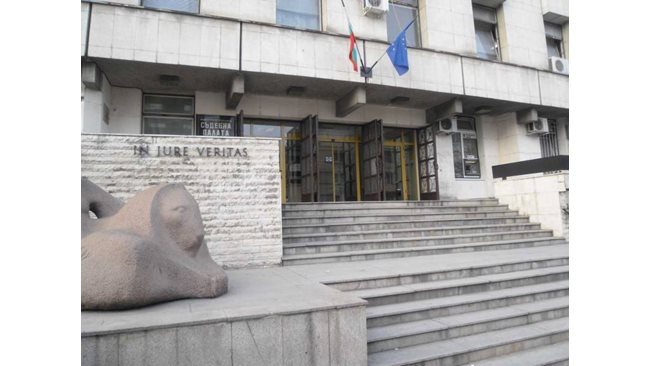After having published several novels and albums for young people, I became interested in the Anglo-Saxon techniques taught in creative writing universities. Since then, I have been organizing writing workshops in New York.
As far back as I can remember, I’ve always wanted to write. But the road to the publication of my first novel was not the easiest. Dyslexic, upset left-handed (and ginger, but that has nothing to do with it), I had to completely relearn how to write at the age of twenty.
I started by writing short stories, one of which won first prize from the Vincennes library, and I gained my weight in pounds (well, at the same time, I only ate every other day).
I then felt determined enough to embark on a novel… refused.
Then a second. Accepted!
I thought my career as a writer was launched and besides, I quickly managed to publish a second novel, still with Robert Laffont. Lots of press, radio and even TV. Few sales.
I’m taking a year off to write my third novel. Refuse.
A fourth, a fifth, a sixth… All refused or unfinished. (Meanwhile, I went back to work, you can imagine).
To continue writing at all costs, I am starting to publish very short news under a pseudonym for the 12-21 digital editions. Romance and thriller. Twice ninety-six news…
When my seventh novel is refused, I decide to stop writing.
Except that, by chance and coincidence, I came across “The Anatomy of the Screenplay”, an American method that explains how to structure a story. It’s so well done that by following this method I manage to publish two new books: a thriller with Belfond and a romantic comedy with Prisma.
At the same time, with my method and my experience, I begin to support people who have lots of ideas, lots of stories to tell, but who don’t know where to start.
And at that moment, I discover something that I had absolutely never suspected: I experience as much pleasure (and perhaps even more) in entering into other people’s fiction as into my own. I complete my initial reading with other French or Anglo-Saxon authors.
When I arrived in New York, I then met a lot of different people who forced me to question myself each time: I then took part in the birth of the abundant novel that hadn’t seen the light of day for ten years; I accompany the young girl who would like to write the story of her birth, the mysterious tale of two sisters, one of whom is a bear, the professional career that needs to be told, the entrepreneur looking for funds, the lawyer who wants to become a partner, the young woman and her missing mother…
Today, I am convinced that the best material to start writing is to tell your own story. The advantages and benefits are numerous. To tell oneself is to give meaning to one’s personal story, to step back, to facilitate its sharing, to create links, to touch, to be understood and sometimes even… to love. But you also have to know how to tell it well. It’s a bit like with dreams. You may have experienced it intensely…but not your listener.
During group or individual workshops, I bring all my knowledge of writing techniques to stimulate the imagination, but never as a method to apply. I believe I have a knack for helping people find their true subject. The one who hides and hides. The one who, once found, finally lets himself be written.
At the end of my workshops, you will have finished your first story, which I hope you will be very proud of! You will also benefit from most of the narrative tools to write your other stories. The habit will be taken and you will continue.
I urge you to come and tell me about your project, I will be delighted to discuss with you.
To find out more about the writing workshops organized by Nicolas Cauchy, click here
–

